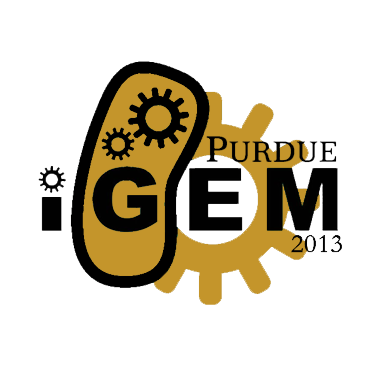Introduction
There are 61,000 farms in Indiana, which are run by even more farmers. Some use synthetic biology (usually in the form of GMOs) to improve their products and others do not; however, not many know what synthetic biology and GMOs are exactly. It is important that both parties are able to distinguish between these two terms and understand what their capabilities are, from an expert’s perspective. This way, those who choose to use GMOs in their products understand what they are using, and could help those who do not make more informed decisions based on whether to use these techniques in their own products.
There is a significant gap in knowledge between how synthetic biologists see genetically engineered biology and how the public sees it. To diagnose how large this gap was, we decided to go out to a local farmer’s market in Lafayette, Indiana and talk to the farmers about their knowledge of synthetic biology, ethical problems in the field, and their outlook on the future of synthetic biology. We also asked them to tell us the first thing that came to their mind when they heard certain words that we believe are perceived negatively by the public. We hope that our results successfully reveal this gap in knowledge between what we as synthetic biologists think and what the rest of the population thinks about the work that we do.
 "
"
